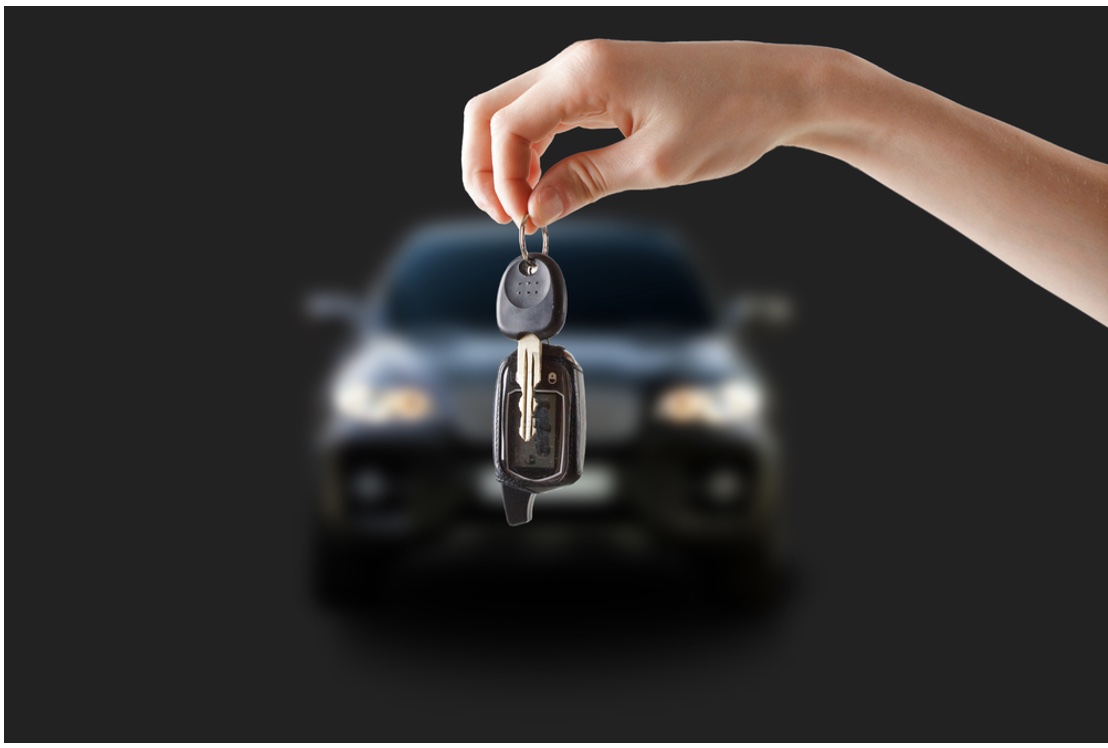By 2019, 200 million sport utility vehicles (SUVs) were in operation globally. These cars are popular and people can’t get enough of them. They can handle different terrains well and their high seating improves driver and passenger comfort.
If you’re considering buying an SUV, it could be one of the best decisions you ever make. However, choosing the right one for your needs among the many in the market can be challenging. Fret not, as here are five great tips for buying an SUV. Use them to buy your dream car.
1. Check the Safety Features
Sport utility vehicles come with different driving and safety challenges. They are weighty, have high gravity centers, and incline more in the opposite direction as you turn or change lanes. And they can cause accidents if they have no adequate safety measures. Ensure the car you buy has standard safety features that keep it stable and enhance your safety.
2. Compare Prices Before You Buy
With hundreds of SUV models to choose from, you’ll undoubtedly get several that fit your needs. To avoid getting ripped off, take time to compare the prices of different models. Also, check out several dealerships. It’s also advantageous to compare prices for new and used SUVs and other alternatives—like minivans and hatchbacks.
3. Look Beyond the Cargo Volume
Cargo volume is a significant selling point for many SUVs, but it doesn’t tell the whole story. You need to confirm if the cargo area has the shape and size to carry your usual cargo. Can it hold a dog crate, golf clubs, or a stroller? You need to confirm this physically if possible.
Also, consider the SUV’s towing capacity, especially if you are into kayaking or camping. In most cases, the bigger the SUV, the better its cargo volume and towing capacity. But bigger SUVs come with a higher retail price and more fuel consumption. However, if you take your time, you’ll get the best small SUV for towing—with good cargo volume and a reasonable price.
4. Oversize Comes At a Cost
Ultimately, size, though not always, directly affects the operating and maintenance costs of a vehicle. Bigger cars will consume more fuel per mile, have more expensive spare parts, and have unusual handling problems. However, they have bigger cargo volumes and towing capacity and are more comfortable.
Before settling on an SUV model, you need to consider the size benefits and the associated costs. For example, big SUVs use large wheels with low-profile tires and smaller sidewalls for firmer and stable rides. But these wheels have a higher purchase price and get damaged easily when they hit a pothole.
5. Consider Ease of Handling
SUVs’ higher driving positions add comfort to driving. You can drive efficiently and the lateral visibility is fantastic. But handling one well in complex maneuvers and tight parking spaces can be an issue.
Although you can become better at it with experience, it’s good to consider ease of handling from the word go. When test-driving the SUV, go to a mall and see how easy it is to park. Also, remember that SUVs need longer stopping distances and have larger blind spots, which increases handling difficulty.
Cars are expensive, and you’ll most likely get the right one by considering your needs and driving preferences. If an SUV is what fits your needs, use the above tips to get the best.
Advertising disclosure: We may receive compensation for some of the links in our stories. Thank you for supporting LA Weekly and our advertisers.

